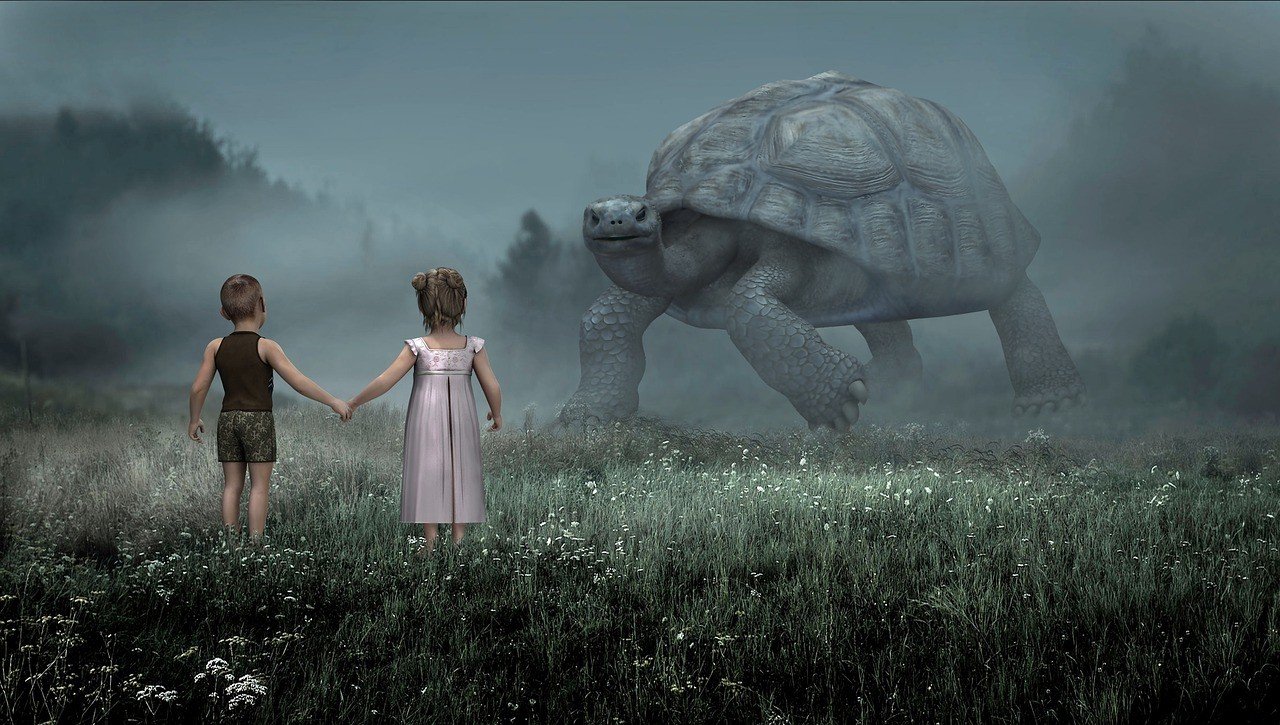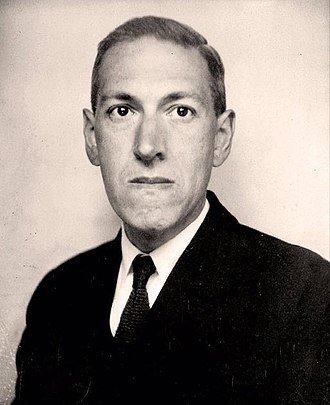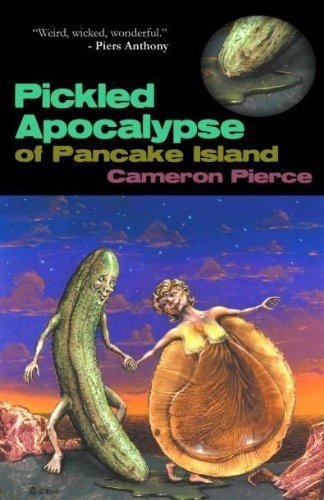
Image taken from Pixabay
Weird fiction is a type of fiction with a long and storied history. It's unclear just when it caught on, or even who was its first practitioner. Many who try to define it include such literary luminaries as Edgar Allan Poe and Michael Chabon. I can laugh at the inclusion of Chabon, whose Mysteries of Pittsburgh I read and liked as a young literary wannabe. But I found nothing weird in it. Certainly unconventional (for its time), but not weird.
Poe is easier to understand since many of his short stories, and even some poems, contain weird elements, but that is relative. No one in Poe's day would have referred to his writing as weird, and by today's standards, it's not weird enough.
Poe, of course, is a literary hero of mine, I'd place him in the category I call "speculative fiction." Chabon is literary, plain and simple. Though he has experimented with genre writing, I'd still say he fits more comfortably in the literary fiction category with some crossover appeal. Weird he most certainly is not.
Who Was the First Practitioner of Weird Fiction?

The mention of Lovecraft and Poe in connection to weird writing is no coincidence. Poe was one of Lovecraft's influences. You can see the similitaries without even trying. But what are the common elements?
In both Poe and Lovecraft, you'll often find supernatural elements mixed with a heavy dose of darkness, horror, and fantastical situations. They both employed science fiction themes before there was a genre called science fiction. In truth, their styles could best be described as "blended" due to the way that they mix different elements of fiction from one or more genres that preceded and succeeded them.
Contrast this with another literary icon, Nikolai Gogol. His short story "The Nose" is certainly weird, if you consider that noses can't talk, think, and do all the things that he has the protagonist do in his story. But Gogol's intention was quite different than that of either Poe or Lovecraft. He was satirizing social status in Russian society of the 19th century. He used surrealist techniques to tell the story as a means to an end. Which brings me to my next point.
Surrealism is not weird, as it is often accused of being. In fact, surrealism is not a genre. It's a technique, and it's a technique that has been co-opted by many mainstream authors of the past 30 or 40 years. I would argue that this is where surrealism and weird have something in common. Weird is also not a genre, but an element of storytelling. A technique.
The Rise of the Weird
 Image taken from
Pixabay
Image taken from
Pixabay Wikipedia says weird fiction is a subgenre of speculative fiction. I'm going to have to take umbrage with that.
There are likely as many definitions of "weird" in literature as there are writers and readers. One person's weird is another person's normal, so don't be surprised if you see people disagreeing with any of the points I make here. Come tomorrow, I may disagree.
Speculative fiction is that genre that deals with the speculative, and is as crossover a genre as can be. Elements often include horror, fantasy, science fiction, and maybe history. The best speculative fiction writers mix and match elements from each of these genres. I've even seen some incorporate elements of mystery, romance, and western. If it speculates on what could have been, might have been, should have been, or will be, could be, or should be, then it's speculative fiction--weird or not.
Bizarro is a weird genre that emerged in the early 2000s and has expanded its readership and authorship tremendously since then. It is often absurd, surreal, crass, and downright perverted. Popular authors in the genre include Kevin L. Donihe, Carlton Mellick III, and Cameron Pierce. Titles of popular works include "The Pickled Apocalypse of Pancake Island," "Help! A Bear Is Eating Me!", and "The Cannibals of Candyland."

Book cover featured on Amazon.com
Another weird genre that has become popular in recent years is called New Weird.
New Weird authors are speculative fiction writers who seek to employ cross-boundary elements mixed with elements of the weird which are not typically found in any of the genres represented. Popular authors include Jeff VanderMeer and China Miéville. Where New Weird seeks to be speculative first and weird in tone and style, Bizarro seeks to be weird first without resorting to weirdness for the sake of weirdness.
These are truly genres even the most normative of the weird among us can get behind.
Conclusion: Or, Kiss Me, I'm Weird
 Image taken from
Unsplash
Image taken from
Unsplash To that end, I don't mind mentioning that I've done my fair share of writing weird fiction. Some readers may be familiar with the flash fiction story "Memorandum of the Ministry of Silly Putty."
I'll just say that I don't consider Memorandum to be weird. I'd say its surreal and satirical, but hardly weird. However, I do have some weird stories scattered about. I'm not going to link to them. You might find them if you Google them, or you might not. Some have been unpublished because the websites are no longer extant. Others are wrapped up in e-books I've published over the years. And still others are taking up digital space on my laptop, perhaps never to see the light of day.
To end this little note into obscurity, I'd just like to encourage you to give weird fiction a try, either as a writer or a reader. It won't hurt you, and it certainly won't kill you, though it may forever change how you perceive the world. If you do decide to read some weird fiction, don't mess with the dreams. They'll pass in due time. And for the sake of all that is normal, don't remove your nose from your face.

Join us @steemitbloggers
Animation By @zord189



created and used by veterans
with permission from @guiltyparties
